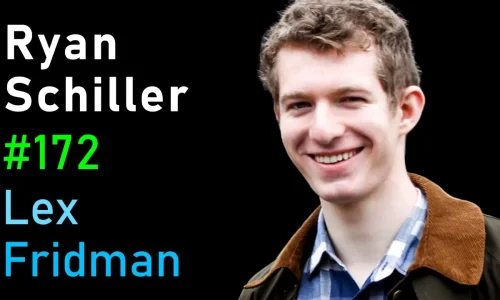See all Lex Fridman transcripts on Youtube

Ryan Schiller: Librex and the Free Exchange of Ideas on College Campuses | Lex Fridman Podcast #172
2 hours 26 minutes 41 seconds
🇬🇧 English

Omnivision Solutions Ltd
- Getting Started
- Create Transcript
- Pricing
- FAQs
- Recent Transcriptions
- Roadmap